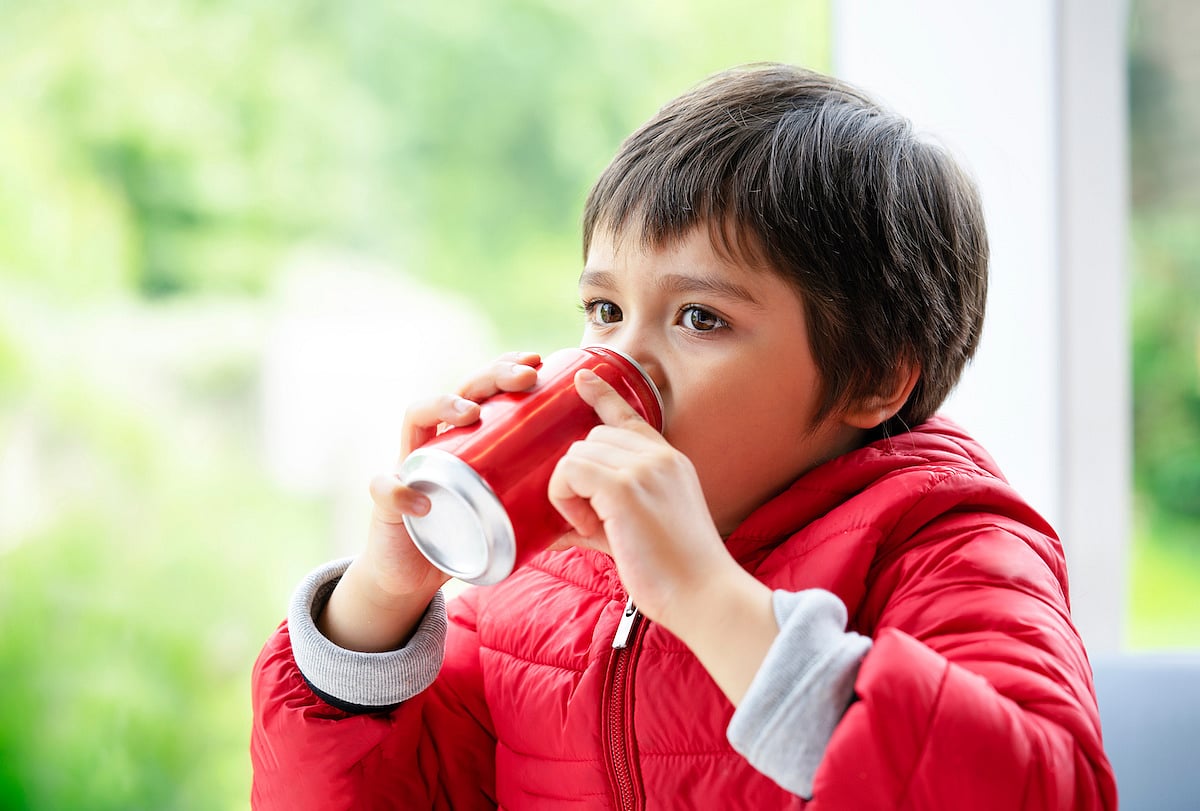Get Healthy!

- Dennis Thompson
- Posted August 8, 2024
Kids Worldwide Are Consuming More Sugary Drinks
Kids and teens around the world are consuming more sugary drinks, increasing their risk of future health problems, a new study finds.
Young people consumed nearly 23% more sugar-sweetened beverages in 2018 compared to 1990, according to the report published Aug. 7 in the BMJ.
“Sugary beverages increase weight gain and risk of obesity, so even though kids don’t often develop diabetes or cardiovascular disease when they are young, there could be significant impacts later in life,†said lead researcher Laura Lara-Castor. She's a postdoctoral scholar in nutritional epidemiology at the University of Washington.
The study provides the first global estimates of sugary drink intake by kids and teens, researchers said.
For the study, researchers analyzed data from more than 1,200 surveys completed during the three-decade study period. The data assessed the dietary habits of children from 185 countries.
The research team specifically looked at consumption of soda, juice drinks, energy drinks, sports drinks and home-sweetened fruit drinks like aquas frescas. Their definition of sugary drinks did not include 100% fruit juices, diet sodas or sweetened milks.
Sugar-sweetened beverage intake averaged 3.6 servings a week globally, and ranged from 1.3 servings a week in South Asia to 9.1 in Latin America and the Caribbean.
Children and teens in 56 countries representing 238 million young people – about 10% of the global youth population – averaged seven or more drinks per week.
Nations whose kids are swilling the most sugary drinks include Mexico (10.1 servings per week), Uganda (6.9), Pakistan (6.4), South Africa (6.2) and the United States (6.2).
The largest increase in consumption occurred in sub-Saharan Africa, where kids’ average weekly servings grew 106%, to nearly 2.2 servings per week, researchers found.
Many governments have been trying to slow consumption by applying soda taxes and banning sales of sugary drinks in schools, researchers noted.
“Our findings should raise alarm bells in nearly every nation worldwide,†senior study author Dariush Mozaffarian, director of the Food is Medicine Institute at Tufts University in Boston, said in a Tufts news release. “The intakes and trends we’re seeing pose a significant threat to public health, one we can and must address for the future of a healthier population.â€
More information
The U.S. Centers for Disease Control and Prevention has more on sugar-sweetened beverages.
SOURCE: Tufts University, news release, Aug. 7, 2024

